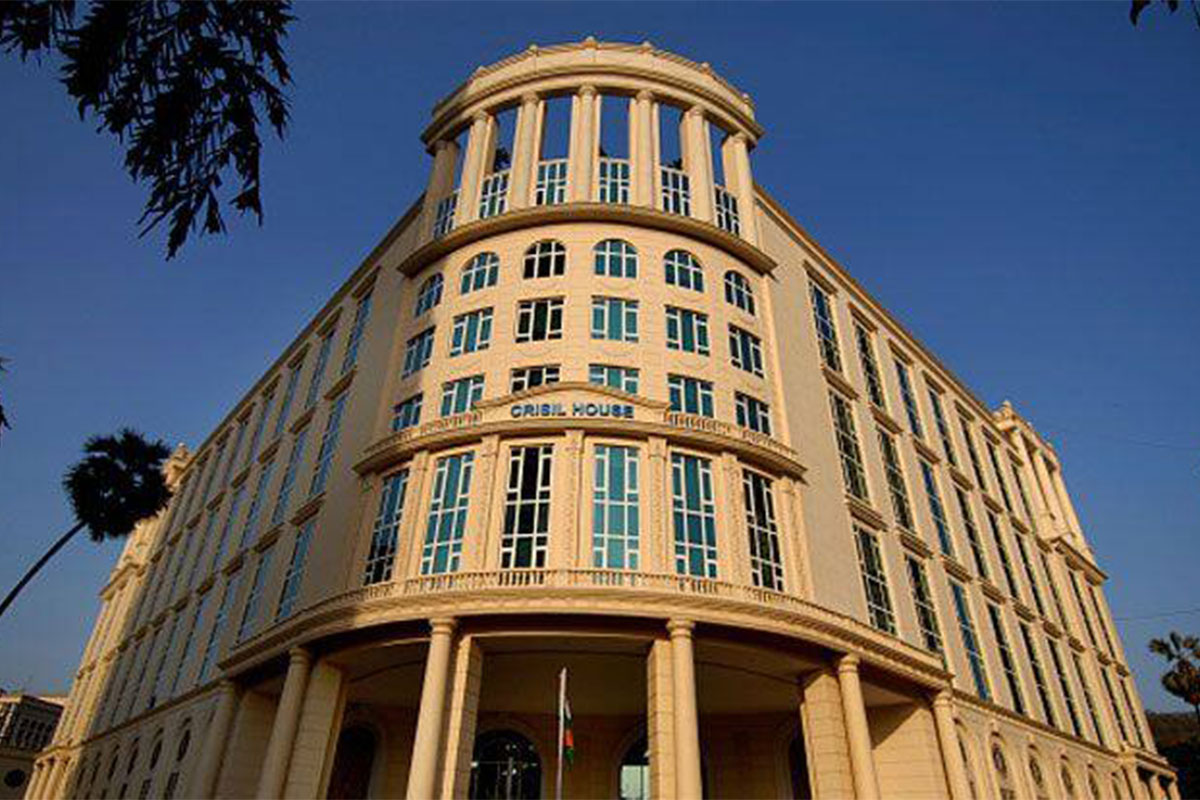Higher industrial activity spurs power demand in November: Report
The CRISIL report also states that power generation is estimated to have increased around 5.4 per cent year-on-year to 136 BUs this November, more than meeting the monthly demand.
While the moratorium ended on Monday, debt restructuring announced by the RBI recently can play a crucial role in supporting the credit profiles of the mid-sized companies.

While the moratorium ended on Monday, demand outlook in most sectors remains muted. (Photo: Getty)
The moratorium on loan repayments provided by banks at the behest of the Reserve Bank of India (RBI) has provided much-needed liquidity support to mid-sized sub-investment grade (rated CRISIL BB+ or lower) companies, an analysis by the rating agency indicated on Monday adding that the scheme also prevented a sharp weakening of their credit profiles.
While the moratorium ended on Monday, debt restructuring announced by the RBI recently can play a crucial role in supporting the credit profiles of the mid-sized companies.
Advertisement
CRISIL analysed over 2,300 non-financial companies (from its rated portfolio) that availed of the moratorium to tide over Covid-19 pandemic-induced cash-flow challenges, after categorising them by rating, sector and size. It revealed divergent trends.
Advertisement
Three out of four entities that availed of the moratorium are rated in the sub-investment grade. Most of them were grappling with a slowing economy before the pandemic began. The severely curtailed business activity that followed in the first quarter of this fiscal had cramped cash flows, so the moratorium came as a big relief. Only one out of four companies that availed of the moratorium is rated in the investment grade (rated CRISIL BBB- or higher). They took recourse to the moratorium to build a liquidity cushion for exigencies in the near term.
According to Subodh Rai, Senior Director, CRISIL Ratings Companies in sectors impacted the most by the pandemic have been the keenest to avail of the moratorium. “While every sector has been affected by the dislocations stemming from the pandemic, the majority of those with lower resilience have availed of the moratorium. Few among the more resilient ones have done so.”
Every fifth company in highly impacted sectors such as gems and jewellery, hotel, auto components, automobile dealers, power (power utilities, independent power producers and energy traders), packaging and capital goods and components availed of the moratorium.
On the other hand, only one in ten did from less-impacted sectors such as pharmaceuticals, chemicals, FMCG, secondary steel and agriculture. Size has also been a differentiator with few relatively bigger businesses going for it.
In the mid-sized corporate segment (Rs 300-1,500 crore turnover), the number of companies availing of the moratorium was more than thrice those in the Rs 1,500 crore and above turnover range.
“The moratorium has been crucial in averting sharp downward rating actions in the face of shrinking turnover and declining profitability. It helped companies manage the sudden stretch in working capital cycles and cash flows amid the bleak business environment,” said Rahul Guha, Director, CRISIL Ratings.
While the moratorium ended on Monday, demand outlook in most sectors remains muted. In particular, companies falling in the low resilience sector will continue to remain under stress over the next two to three quarters.
To support corporates impacted by the Covid-19 induced slowdown, the RBI has introduced a one-time debt restructuring plan. Taking timely recourse to this facility can help companies manage their cash flows that, in turn, will provide support to their credit profiles.
Advertisement